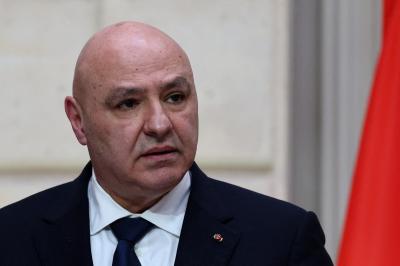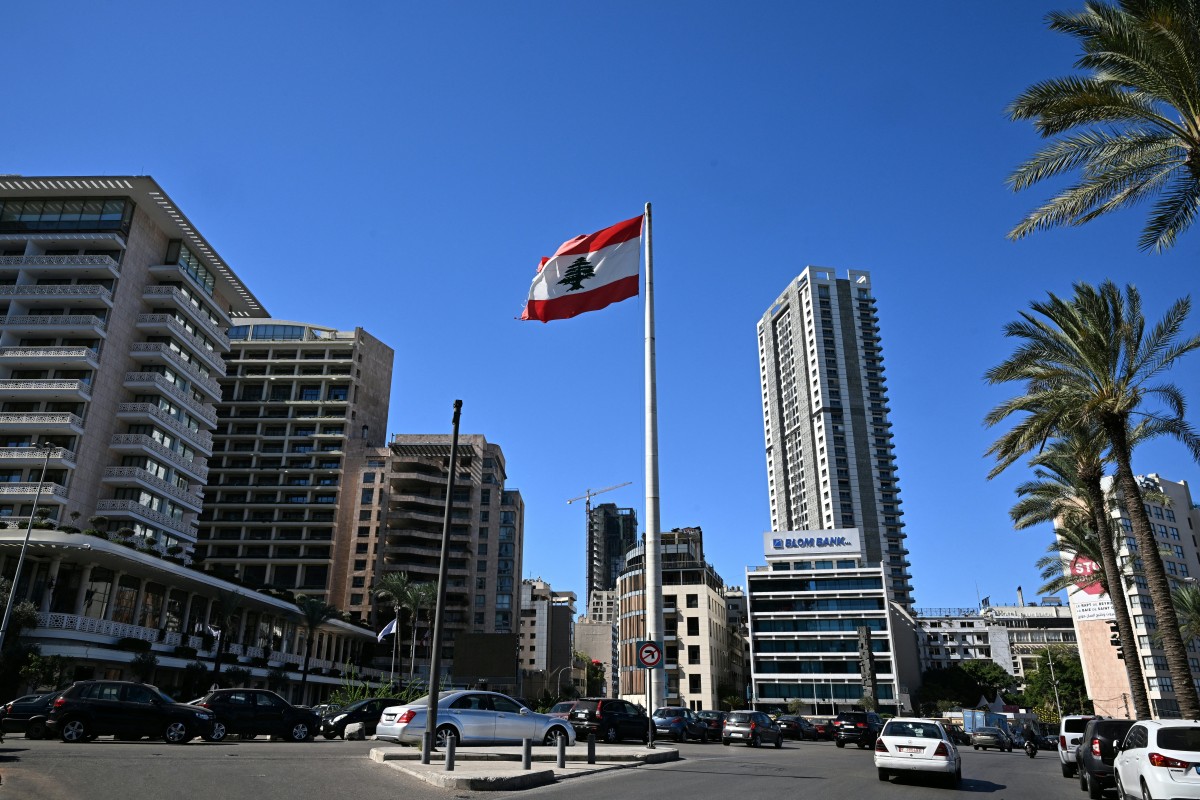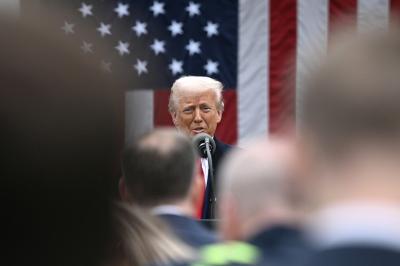Pending the implementation of administrative decentralization, and in a unique initiative that gives the population of a single region (a priori the mohafazat or the caza) the opportunity to develop the regional environment, the idea of creating regional financial administrative funds was born.
These are regional investment funds that finance a local project, such as a high-end private or specialized hospital, a drinking water treatment plant, an independent electricity distributor providing street and public space lighting, a nursing home, or even a museum, library, or theater.
Legal Identity
Official authorities issue the required legal licenses upon creation and determine the identity of the fund after verifying its specifications and compliance with applicable laws and standards. Cooperative, association, or society... The responsible authority will submit the complete application, the site study, and the cost file for legislative approval. The Fund is non-profit, and its primary and ultimate objective is to develop the society and provide a model of successful community work and planning to revitalize a town, village, or city. It is anticipated that taxes and fees will not apply to this entity; rather, it will be exempt from them.
This initiative draws on concrete examples from European countries such as France, Belgium, Germany, and Switzerland, where regional administrations have proven the effectiveness of this model in local development. What encourages this example is the inability of current municipal law to develop legislation guaranteeing financial independence, which limits the role of municipalities to monitoring and control.
The creation of such regional development funds provides the primary support for municipalities, eliminating the need to seek financial or technical donations every time a region needs a vital project. The fund is easily accessible for funding through its own executive council.
The Role of the State
The legal review of such a project requires special legislation that would allow the creation of these funds in coordination with municipalities that have comprehensive data on the area's residents, and that would affirm the municipality's right to collect municipal taxes.
The fund's management is independent and is overseen by a private audit firm. As mentioned previously, it is not a for-profit activity. It publishes its books accounts annually and conducts an inventory of all funded projects and those under review, based on the region's needs. Once the project is implemented, a special directorate will be appointed to ensure its autonomy. The funds, like the projects, remain tax-free but can contribute, through their constitutive law, to supporting municipal finances.
Social Benefits and Financing Mechanism
Residents participate directly in the financing of these funds through a fair, "mandatory" annual contribution linked to the value of the property occupied (ownership or rental). The regional fund management determines the priorities required for each region through proposals and studies presented to a panel of delegates, who vote on the best in terms of priority, including the region's "need" for this type of project.
Each self-managed fund, as mentioned above, develops an executive and operational plan and monitors and holds its performance and operations accountable through an independent audit firm. The basic idea is the effective participation of the private sector and citizen involvement in decision-making regarding regional development, that is, participation in determining the region's economic, social, and cultural destiny and identity.
The Concept of the Region
Regarding the definition of the concept of a region, the simplest form remains the geographical and administrative framework of existing municipalities. A municipality with a sufficient number of residents (owners or tenants) and occupants of commercial premises (offices, warehouses, industrial premises, shops, showrooms, etc.) can itself encourage the establishment of a development fund. Smaller municipalities may choose to partner with neighboring municipalities to create a unified fund to pool their resources and capabilities.
The municipality plays a key advisory role in issuing investment permits for buildings, land, or common property in order to create and operate these funds. The role of any official party is limited, as the fund is created by citizens, men and women, who directly assume responsibility at the local level. The idea of direct citizen accountability is the main reason for the proven effectiveness of performance, as those entrusted with the fund are held accountable for their performance by the citizens who pay the money, monitor their performance, and expect results. These funds will contribute to rational, beneficial, and visionary spending for the future of a given region, pending the implementation of the administrative decentralization project.
Challenges and Future Trends
- Administrative complexity and bureaucracy – simplification efforts are needed.
- Rural-urban gap – greater attention paid to the revitalization of rural and disadvantaged areas.
- Climate and digital transformation – increased funding for green and technology projects.
Supporting this proposal, the French model
In France, community projects are supported by a combination of national laws, regional policies, and European Union funding programs. (The latter is not available in Lebanon, and USAID played this role before the withdrawal of US funding.) The French government encourages citizen participation, social innovation, and local development through various legal frameworks and financial mechanisms.
Here is an overview of the main laws supporting community projects:
a) Social and Solidarity Economy Law – does not exist in Lebanon
- This law recognizes social institutions such as cooperatives, associations, and cooperative foundations – available in Lebanon.
- Offers tax benefits and access to financing for projects with a social or environmental mission.
- Encourages citizen participation in economic activities.
b) Energy Transition for Green Growth Law – The Lebanese Ministry of Environment has submitted a law that has remained secret.
- Encourages community renewable energy projects (such as community wind farms and solar cooperatives).
- Enables crowdfunding of local energy initiatives.
c) Decentralization Reform Law
- Strengthens regional and local authorities in the management of community projects.
- Encourages cooperation between municipalities (e.g., large cities, municipalities).
d) Participatory Budgeting
- Some French cities (Paris, Lyon, Rennes) allocate part of their budget to projects proposed by citizens.
- Example: Paris allocates €100 million per year to participatory projects (since 2014).
e) The Law on the Establishment of Cooperative Societies since 1901
- Provides a legal framework for non-profit organizations.
- Simplifies the creation of citizen associations (more than 1.5 million associations in France). Funding and Supporting Community Projects
- National and regional grants—the French recovery plan—fund green and social projects.
- National Agency for Territorial Cohesion—supports local development in rural and disadvantaged areas.
- Regional Councils (Qaim Maqamiyat in Lebanon)—provide grants for cultural, environmental, and economic projects.
Examples of Successful Community Projects in France
a) Urban and Environmental Initiatives—(Great Food)—Urban Gardening Movement—Cooperative Supermarket in Paris (La Louve)—the first cooperative supermarket.
b) Social Inclusion and Housing—Cohabitation Projects—Community Kitchens Combating Isolation—Renewable Energy Cooperatives—Citizen-Led Wind and Solar Farms—Green Energy Cooperative—Street Libraries in Disadvantaged Neighborhoods.
Model adapted to Lebanon:
How to launch a community project in France
Step 1: Choose a legal structure
- An association—the simplest form of non-profit organization—is available in Lebanon, a solidarity fund for citizens, both men and women.
- Cooperatives—worker-owned businesses.
Step 2: Find funding
- Local authorities (municipality, administration, region).
- Calls for projects from ministries (such as Environment and Culture).
- European grants across Europe and France.
Step 3: Community engagement
- Using the tools of participatory democracy, for example, a group of citizens opening a solidarity account at a bank.
In conclusion, the idea of central financial administrative funds and their implementation create competition between regions in terms of their respective development and the success of their projects. They contribute to the overall development of the country and its infrastructure, encouraging local well-being and tourism.
 French
French














